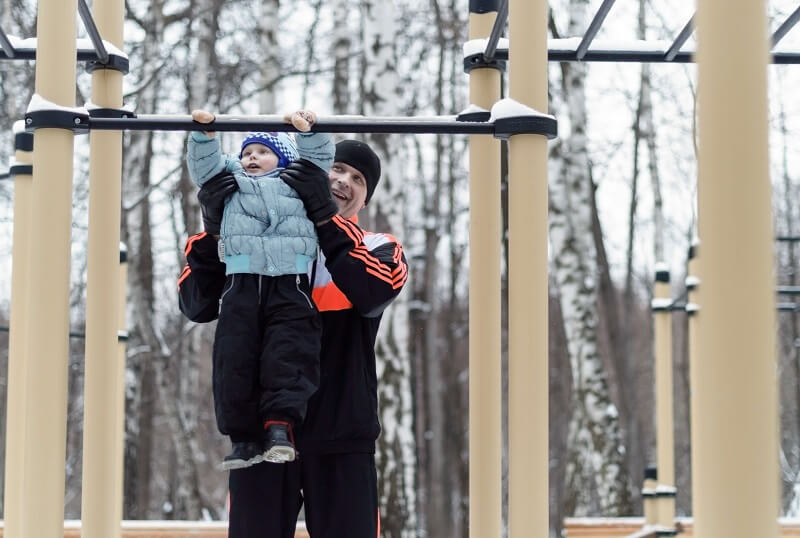Confidence is a foundational trait that influences a child’s development, well-being, and success throughout their life. Building confidence in children at an early age equips them with the resilience and self-esteem necessary to navigate challenges, pursue their interests, and establish healthy relationships. This process involves consistent support, encouragement, and opportunities for children to explore their capabilities and interests. By fostering a positive self-image and a belief in their own abilities, parents and caregivers can lay the groundwork for a confident and secure adulthood for their children.
Establishing a Positive Home Environment
A positive home environment is crucial for nurturing confidence in children. This involves creating a safe, loving, and supportive atmosphere where children feel valued and respected. Parents and caregivers should practice positive reinforcement, celebrating efforts and progress rather than just achievements. Encouraging open communication and showing unconditional love, even in the face of mistakes, helps children develop a sense of security and self-worth. By modeling positive behavior and attitudes, adults set a powerful example for children to emulate, further reinforcing a foundation of confidence.
Encouraging Independence and Responsibility
Allowing children to take on tasks and make decisions appropriate to their age fosters independence and self-reliance, key components of confidence. Starting with simple responsibilities, such as tidying up toys or choosing what to wear, helps children feel capable and competent. It’s important to provide guidance and support without taking over, allowing children to experience both success and failure. Learning to overcome obstacles and solve problems independently builds resilience and reinforces a child’s belief in their own abilities.
Providing Positive Feedback and Encouragement
Positive feedback and encouragement are vital in building a child’s confidence. Recognizing efforts and improvements, rather than just results, motivates children to keep trying and learning. Constructive feedback, delivered with kindness and empathy, helps children understand that mistakes are a natural part of learning and growth. Celebrating successes, no matter how small, boosts self-esteem and reinforces the value of persistence. Encouraging words and actions demonstrate to children that they are appreciated and believed in, which is essential for their self-confidence.
Creating Opportunities for Social Interaction
Social interactions play a significant role in developing confidence. Engaging with peers and participating in group activities helps children learn to communicate, cooperate, and resolve conflicts. These experiences teach valuable social skills and help children feel connected and accepted by others. Parents can encourage social interaction by arranging playdates, enrolling children in classes or sports, and teaching them how to express their feelings and listen to others. A strong social network provides children with a sense of belonging and support, boosting their confidence in social settings.
Teaching Problem-Solving Skills
Problem-solving skills empower children to handle challenges confidently. Teaching children how to approach problems, think critically, and come up with solutions fosters independence and self-assurance. Parents and caregivers can encourage problem-solving by discussing potential solutions to everyday challenges and allowing children to make choices. Supporting children as they try different solutions helps them learn from their experiences and understand that facing and overcoming difficulties is a part of life. This resilience is key to building lasting confidence.
Building confidence in children at an early age is a comprehensive process that requires patience, understanding, and proactive support. By creating a positive home environment, encouraging independence, providing positive feedback, fostering social interactions, and teaching problem-solving skills, parents and caregivers can lay a strong foundation for a confident, resilient, and successful future for their children. Confidence instilled from an early age will empower children to face life’s challenges with optimism and determination, paving the way for a fulfilling and accomplished life.
- Mental Health Awareness Strategies for Well-being - 10th April 2024
- Positive Reinforcement: Celebrating Achievements and Efforts - 7th April 2024
- Understanding Child Development Milestones - 23rd March 2024








